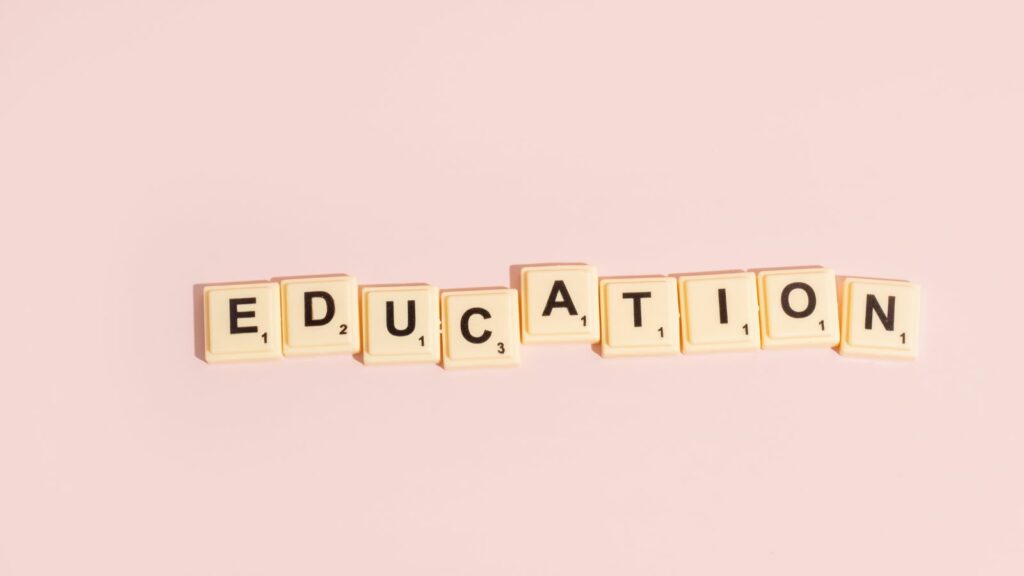Immerse yourself in the fascinating world of wine education. It’s a journey that uncovers the hidden gems of vineyards, the art of wine tasting, and the complex layers of flavor within each bottle. With a rich history and diverse range of styles, there’s always something new to learn in this captivating field.
Whether you’re a novice hoping to broaden your understanding, or a seasoned connoisseur looking to refine your palate, wine education can enhance your appreciation for this timeless beverage. It’s not just about sipping and savoring, it’s about delving into the heart of a tradition that’s been perfected over centuries.
Wine Education
Grasping the essence of wine education becomes pivotal to both wine beginners and enthusiasts. Providing a significant understanding of the intricacies of wine, it’s an essential tool in the exploration and appreciation of this divine beverage.
Recognizing the importance of wine education brings a plethora of benefits. Firstly, it offers an opportunity to taste and distinguish between different wine varieties, such will be Chardonnay, Cabernet Sauvignon, and Merlot, just to mention a few.
Secondly, wine education provides knowledge of wine pairings, ideally harmonizing meals with the perfect accompaniment. For instance, it guides in matching hearty red wines such as Cabernet Sauvignon with heavy protein dishes like grilled steak.
Who Can Benefit From Wine Education?
Wine education doesn’t cater only to particular groups. It spans across anyone with interest regardless of their professional, educational, or social backgrounds. Aspiring sommeliers or wine merchants can gain professional skills, consequently improving their career prospects. Additionally, lifestyle bloggers and travel enthusiasts may use the knowledge to enrich their content about global wine cuisines.
On a more personal note, anyone aiming to broaden their comprehension about wines for enjoyment or hobby can benefit greatly from wine education. So, irrespective of one’s motive, anyone seeking to delve deeper into the wonders of wine can find wine education to be beneficial.
Different Methods of Wine Education
Bringing the world of wine into focus entails engaging in diverse learning pathways. Dive into the methods that exist for wine enthusiasts, from formal wine courses to self-study approaches.
Involving oneself in formal wine courses offers a structured learning experience. Institutions such as the Wine and Spirit Education Trust (WSET) and The Court of Master Sommeliers present distinct programs to their students.
Engaging with these courses helps students acquire qualifications that are widely recognized in the drinks and hospitality industry. For instance, the WSET offers four levels of study, each with its own level of certification, from Level 1 Award in Wines to the Level 4 Diploma in Wines.
Online Wine Courses and E-Learning
Relishing the convenience of modern technology, online wine courses present a flexible alternative. Platforms like Udemy or Coursera provide courses ranging from beginner to expert levels. Participants undergo a multimedia experience, accessing materials such as video lectures, interactive quizzes, and community discussion boards.
Essential Topics Covered in Wine Education
Digging deeper into the realm of wine education, key topics consistently emerge. These subjects shape the core of knowledge for amateurs and connoisseurs alike.
Perception of wine regions emerges as a vital component of wine education. Geographic area significantly influences the flavor of the grape varieties being grown. Hence, understanding the regions allows us to appreciate not only the taste but also the cultural nuances that impact the wine-making process.
For example, the terroir of Bordeaux, France is distinct due to its maritime climate and calcium-rich soil, producing some of the most celebrated red wine in the world.
Wine Tasting Techniques
Rudiments of wine tasting serve as building blocks for wine enthusiasts. These techniques help in assessing the quality and character of a wine. Wine tasters engage their senses of sight, smell, and taste, in a process known as sensory evaluation. First, inspecting the color of the wine gives a hint about its type and age.




